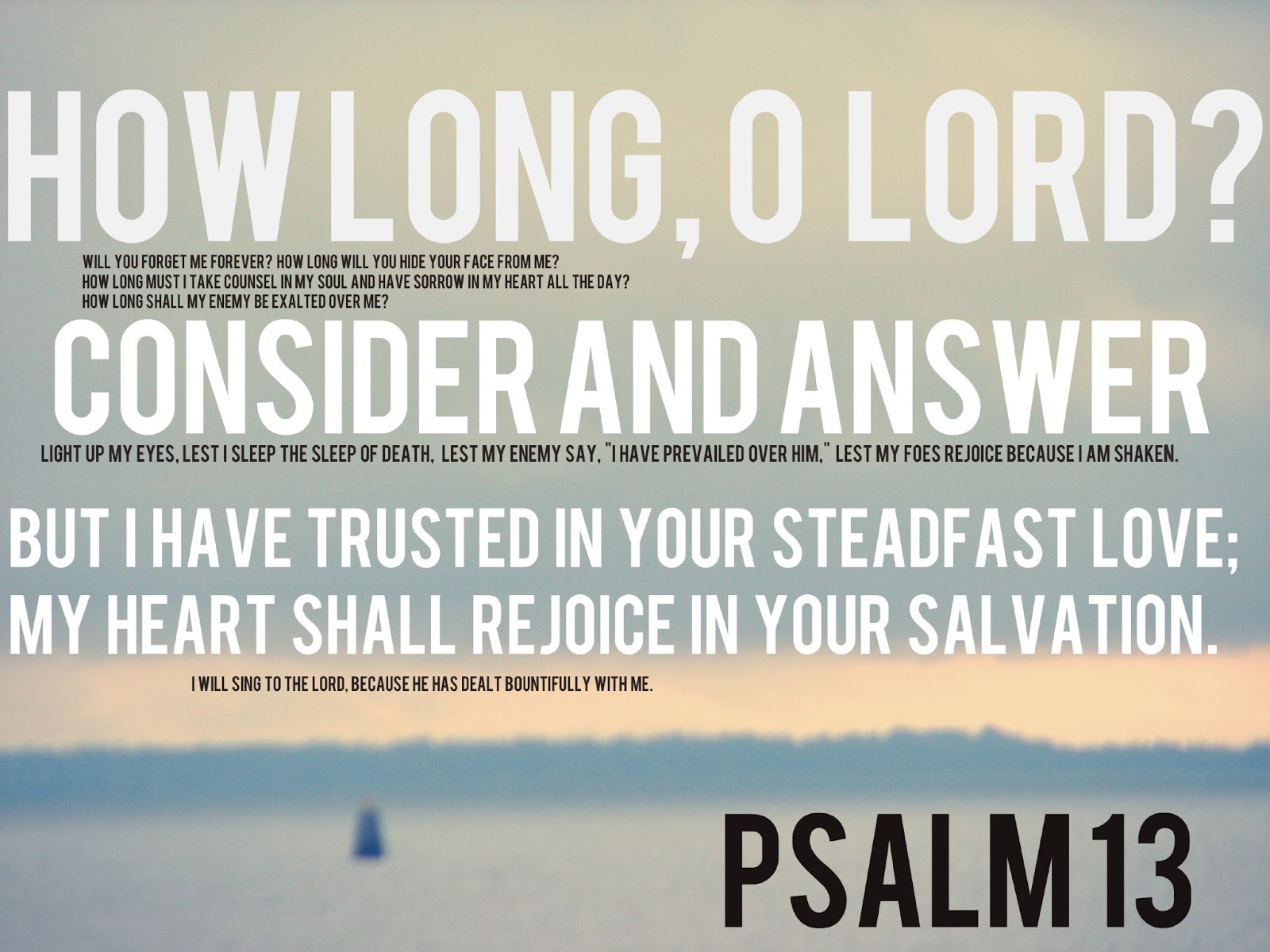There is a teaching prevalent in the Church today which says salvation is a “come just you are” proposition. This is harmful to say the least and in the extreme it is blasphemous. There are no instances in which any such message is ever given in scripture. In fact, there are multiple examples of the exact opposite being true. Such as the rich ruler (Luke18:18-27) and the 5 virgins whose lamps we not prepared (Matthew 25:1-13,) and many others (See Matthew 7:21.) Christ said:
John 6:44
No one can come to Me unless the Father who sent Me draws him; and I will raise him up at the last day. (NKJV)
Each of these examples notes there is was a requirement or change in those who came, were accepted, and allowed to actually enter into the promises given by God. The critics of these comments will say those rejected in these examples did not come in earnest to God. There is a sense in which it is true, they did not come in earnest, because they came in their own strength, or without the proper preparation of their hearts. But in human terms we cannot know the hearts of the individuals, or why they came. The ruler went away sad, we wanted to follow Christ; he wasn’t able to, because his heart was not changed. He knew the law, he understood the basic principles of the law, but the love of God and the repentance granted to those who are called, those referred to as the elect, is a gift of God, the Ruler did not demonstrate this Gift, which is key in our relationship to Christ our LORD. This gift is not given to everyone, but only those chosen in Christ before the foundation of the world. Those chosen to serve Gods good purpose, not based on anything we would do, but for His purpose only. Most people forget, Christ told his disciples:
John 15:16
16 You did not choose Me, but I chose you and appointed you that you should go and bear fruit, and that your fruit should remain, that whatever you ask the Father in My name He may give you. (NKJV)
I know exactly how this sounds; I once stood and said to those teaching me this doctrine, “How can God arbitrarily pick some over others?” The response came to me, “Who are you Matthew to say anything God does is arbitrary!” Who indeed?
Paul writes this doctrine in the book of Romans, it is also recorded in the Gospel of John in Chapters 6, 12, and 17. Ephesians records the elements of the doctrine eloquently, as does the book of Hebrews. In fact once you understand the teaching in its biblical context, standing apart from the human interpretations, the doctrine is evident in all of God’s Word.
Adam and Eve had no choice, except those choices given to them. There was a garden, there were trees, and there was the law. We could argue as humans (and in profound foolishness) that God could have omitted the law, thereby preventing the fall, or not planted the forbidden fruit tree, or restricted the serpent from engaging Eve. He might have done anything consistent with His power. This however is precisely what He did. His intended purpose was exactly what has come to pass, both then and now. This is the hardest truth to face. Because we want to say “Hey that’s unfair!” (Like I did.) But the argument clearly given by Paul in Romans 9 counters this question, because the Spirit knows the natural reaction of the human condition, we always cry “why?” Paul records the answer for us in terms of a potter and the clay. We are the clay, God is the potter. The Potter can do whatever he wants with the clay, he can make vessel to be used for honorable purposes, or vessels to be used for dishonorable purposes, they all come from the same place, but the determining factor of where they end up is entirely the work and decision of the potter. This same language is used in the Old Testament regarding the arrogance of men, who want to be the masters over their own lives.
(Isaiah 29:16; Isaiah 64:8; Jeremiah 18:2-6; Romans 9:21)
None of us is the master over his own life, none of us is free. We, like Adam and Eve before us, are subject to the vanity God has chosen in His wisdom to subject us to. We are, what we are supposed to be! God raises up the vile and wicked in this world sometimes, to put His people to the test. The hard part is the answer to the question which seems to flow from a deep understanding of justice. The question, “How can God find us at fault if we sin, who can resist His will to do anything other than what God has ordained? The answer, “Who are we to say anything against what God is doing?”
We cannot come as we are. We must be changed. God must change us. If He is unwilling to change us, then we have this assurance, we are like vessels created for destruction. God will have mercy on whomever He chose to have mercy, and whomever He wills to harden will be hardened.
Romans 9:17-23
17 For the Scripture says to the Pharaoh, “For this very purpose I have raised you up, that I may show My power in you, and that My name may be declared in all the earth.”
18 Therefore He has mercy on whom He wills, and whom He wills He hardens.
19 You will say to me then, “Why does He still find fault? For who has resisted His will?”
20 But indeed, O man, who are you to reply against God? Will the thing formed say to him who formed it, “Why have you made me like this?” 21 Does not the potter have power over the clay, from the same lump to make one vessel for honor and another for dishonor?
22 What if God, wanting to show His wrath and to make His power known, endured with much longsuffering the vessels of wrath prepared for destruction, 23 and that He might make known the riches of His glory on the vessels of mercy, which He had prepared beforehand for glory, (NKJV)
Blessings!




